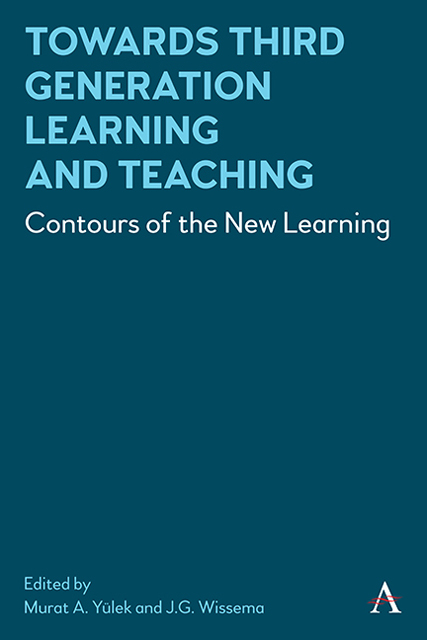Chapter 7 - Beyond the Reach of Teaching—Differentiating the Role of Phenomenologically Oriented Vignettes in Learning and Teaching from Phenomenon-Based Learning
Published online by Cambridge University Press: 10 January 2023
Summary
Introduction: Discourses and the Nature of Learning
What is learning? How does learning occur? How can we study learning? These are some fundamental questions about the nature of learning, a phenomenon that appears to be on everybody’s mind and on every agenda these days, even though little is known about the experience of learning itself. Education policymakers are increasingly talking about predefined “learning outcomes” and “flexible lifelong learners”, but the problem with the wider learnification of educational discourse is that questions about the content, purpose, and relationships of education are no longer asked, or they are taken for granted (Biesta, 2017). Gert Biesta makes the criticism that “the language of learning has eroded a meaningful understanding of teaching and the teacher” (Biesta, 2012, 36). The emergence of new learning theories and especially constructivism has also resulted in a shift from teaching to learning, placing students at the center of educational discourse and teachers on the outside, primarily in the role of mediators, facilitators or advisors. Unfortunately, concepts of learning that take into account the interrelationship between teaching and learning as well as between teachers and learners, and the responsiveness of those relationships, are less popular. To question learning, according to MeyerDrawe (2012) is to cast an alien perspective on an apparently familiar issue and to experience it as fragile. This fragility is inherent in the phenomenon of learning (and teaching). Many valuable disciplines make a study of learning, from psychology to sociology to the neurosciences to biogenetics. However, the perspective of pedagogy, an independent scholarly discipline that emerged in Continental Europe in the nineteenth century, is essential to the consideration of questions about the nature of learning (Schratz and Westfall-Greiter, 2015) and their interconnection with teaching.
From a pedagogical perspective, the point of education is never to determine whether students are learning, but to ensure that they are learning something, and that they are learning for particular purposes and from someone (Biesta, 2012, 2017). In this pedagogical context, where a central role is attributed to the world and to the other, learning emerges not only from experience, but also as an experience in itself.
- Type
- Chapter
- Information
- Towards Third Generation Learning and TeachingContours of the New Learning, pp. 111 - 124Publisher: Anthem PressPrint publication year: 2022

